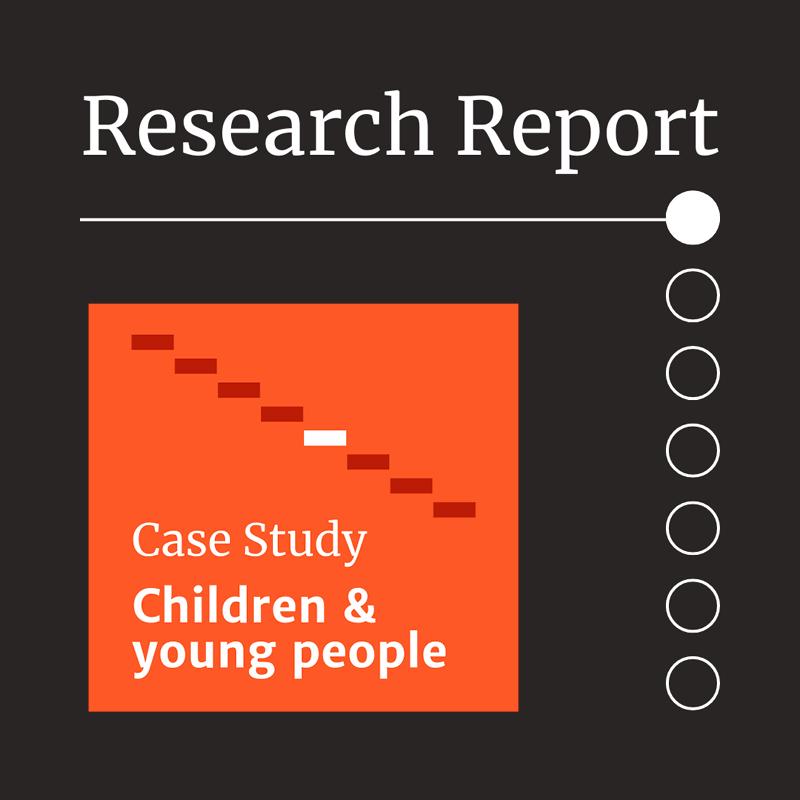Report: Realising young people’s rights in the digital environment

Young people hold nuanced and sophisticated understandings about what privacy means in a digital context. They see online privacy as a right, but a right that is frequently and routinely violated. Despite this, online privacy is still understood as important and desirable.
Young people want to see fundamental changes to the policy landscape to ensure their rights are prioritised.
This has implications for policy makers as they review the Privacy Act 1988. Specifically, it lends support to proposals:
- 4.1 and 4.3; amending the definition of privacy to include metadata and inferred data like digital profiles
- 10.2 and 16.3; requiring privacy policies and collection notices to be clear and understandable, including for children
- 16.2; continuing to use current ‘age of consent’ guidelines
- 16.4; requiring companies to consider the best interests of children when deciding if data collection, use or disclosure is fair and reasonable
- 16.5, the introduction of a Children’s Privacy Code, that covers all services likely to be accessed by children. The Code must be developed in conclusion with children and young people, and address how services can function in the best interest of children
- 20.5 and 20.7; prohibiting direct market to a child and trading children’s information
- Caveated support for 20.6; prohibiting targeting a child unless it is in their best interest. There is strong support to prohibit targeting advertising to children, but given the essential nature of digital products and services as described by young people, prohibiting all targeting would be problematic (For example. products like search engines provide target specific responses to queries). This is not incompatible however, if determinations of children’s best interests consider their rights to access and to information for example.
It also has some potential learnings for the next Online Safety Act review too.
This report documents findings of mixed methods research undertaken with young people across Australia aged 13-18 between 2022 and 2023. It documents themes that emerged across a wide range of research activities and outputs, and prioritises the words of young people themselves as much as possible.
With kind thanks to the Internet Society Foundation for supporting this work.